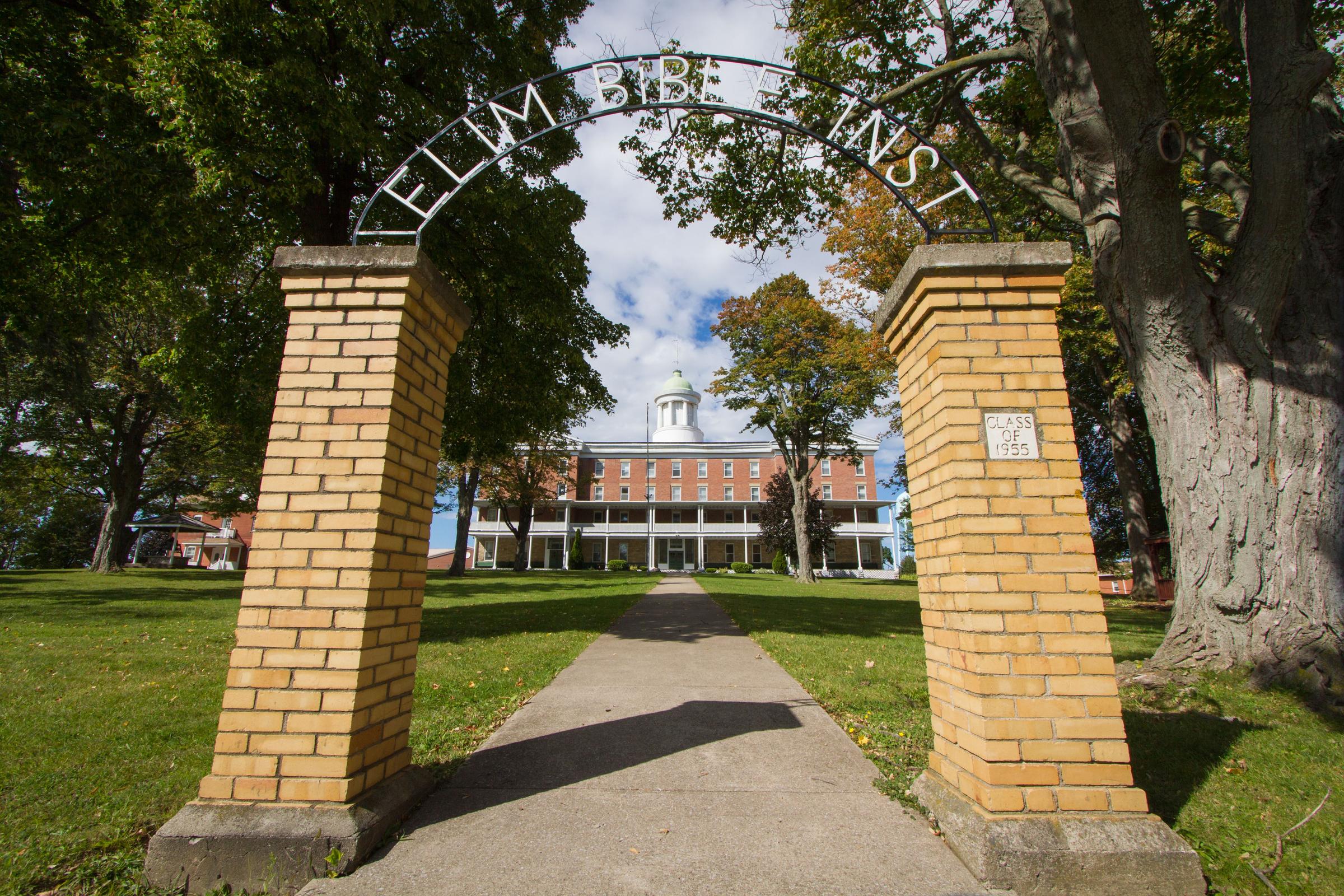

Cornerstone bible insititute alcohol how to#
Rather than simply teaching students about church, students would live out the daily realities of being a member of the body of Christ.įourth, students would be taught how to think, not what to think. Rather than pulling students away from the life of a local church, each student would be a vital part of the life and ministry of a local church body. Third, the college would maintain a close partnership with local churches.

The college was founded with a commitment to the type of hands-on training that could only come through students’ being actively involved in the surrounding culture. Too often, in an effort to train people to minister, we actually isolate them from the people to whom they ought to be ministering. Second, students would be trained to engage culture. The committee decided that EBC would be fundamentally committed to enabling students to graduate debt-free. This cycle had become so commonplace that some missions organizations had even dropped their biblical education requirements. In cases where debt did not permanently redirect these students, churches or missions organizations would be saddled with the financial burden. Too often, people called to missions or pastoral ministry would go to school to receive biblical training, only to leave with a mountain of debt that would take them years to escape. They refined the key distinctives: The Distinctivesįirst, students must be enabled to acquire a solid biblical education without incurring debilitating debt. With their work cut out and piled high, Mark Henry, Joshua Walker, Spencer MacCuish, Francis Chan, Doug Fox, and Chuck Bomar planned every aspect of the college. If they were going to start a college, it would have address these issues.īy late 2003, the decision was made to start Eternity Bible College, and Mark Henry was brought on to run the school. In addition to all of this, Francis was convinced that ministry training must happen in close connection with the local church. Though there were schools that offered solid biblical training, the costs of such schools quickly became prohibitive. In many places, the training was not biblically based. Francis was consistent in his response: he saw a void in training people for lives of ministry. Bookman began challenging Francis to find out what he was passionate about. The discussion about starting a college became increasingly serious. Around the same time, two other key players were added to the staff: Spencer MacCuish, who would later become the Academic Dean, and Joshua Walker, who would eventually become the President. As the Bible Institute developed, their thought process became more ambitious: what if we turned this into a full-blown college? These discussions began in early 2003. Bookman’s most recent engagement had been teaching at PBU/Friends of Israel, he had already accumulated a lifetime of experience in Christian education.

In 2001, Douglas Bookman and Kevin Oates teamed up to launch the Cornerstone Bible Institute. This commitment led Cornerstone to start a Bible Institute. Under the leadership of Francis Chan, Cornerstone Community Church had been developing as a body of believers that cared deeply about Jesus Christ being known and loved-both here in Simi Valley and every place around the world. It started with a church’s desire to fulfill its calling to equip people for ministry.


 0 kommentar(er)
0 kommentar(er)
